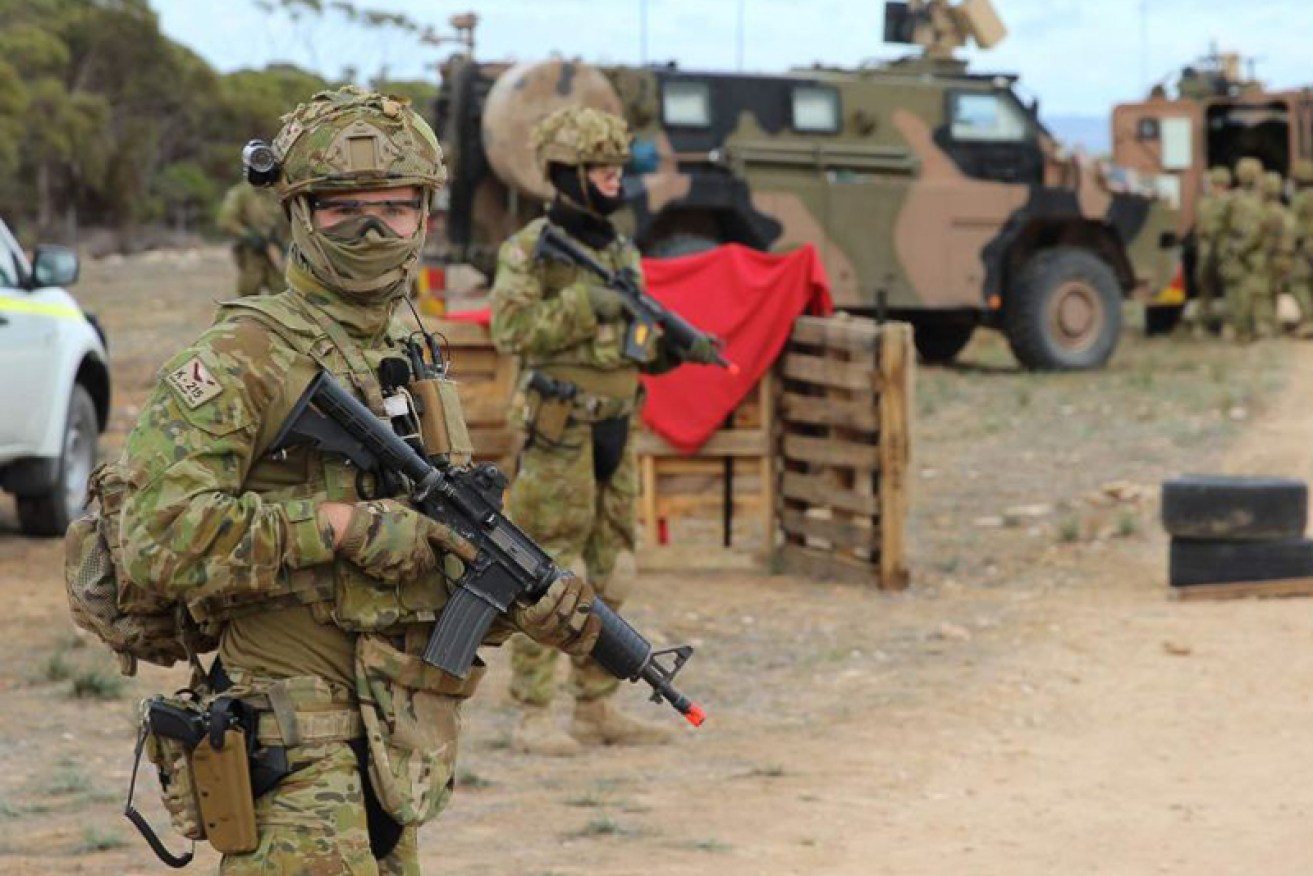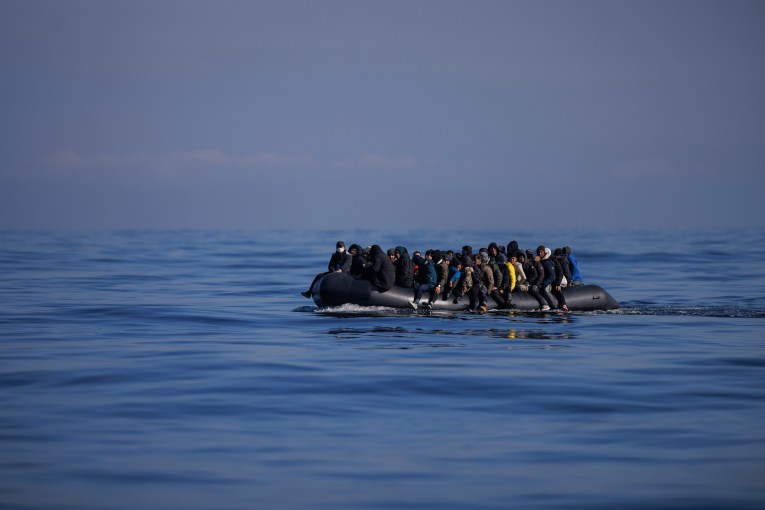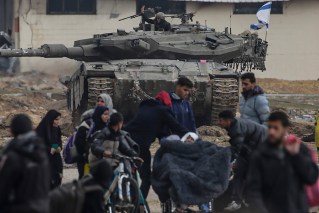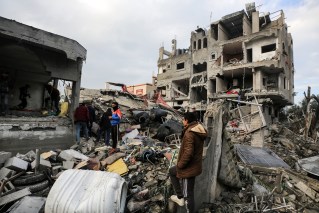Australia fighting ‘new kind of war’ against IS

The Inspector-General of the Australian Defence Force is investigating 55 allegations, mostly killings of Afghan non-combatants, by Special Forces soldiers. Photo: AAP
It is well understood that Islamic State is a new kind of enemy, but the head of the Australian forces at Iraq’s Camp Taji, north of Baghdad, describes a new kind of war — albeit one with echoes to the past.
“The enemy is laying IEDs [improvised explosive devices] here on an industrial scale,” said Colonel Gavin Keating, who is leading 300 Australians and 100 New Zealanders on a mission to refine the warfare skills of the Iraqi Security Forces.
• Belgium charges suspect, arrests in Italy
• ‘Brussels lost a bit of its innocence today’
• PM: attacks highlight Europe’s porous borders
In Afghanistan, the Taliban-led insurgency used IEDs on a pervasive but sporadic scale, burying them in roads and ditches.
Daesh, as Colonel Keating calls Islamic State, are protecting their strongholds with minefields such as those last seen in Vietnam and Cambodia.

Colonel Keating admits the success of the program is hard to measure. AAP
And there is an added deadly modification, being that entire suburbs of houses on the outskirts of Daesh-held towns and cities are wired to blow.
The only positive out of Daesh’s booby trap campaign is that it shows they are preparing for a final reckoning in Iraq, but it will cost many Iraqi and Kurdish lives as they move towards liberating northern and western Iraq.
On the eve of Anzac Day, as the Australians and New Zealanders work together on what Colonel Keating believes is their biggest joint enterprise since “probably back to the Gallipoli campaign”, he admitted the success of the program was hard to measure.
It involves five teams of roughly 100 trainers working with Iraqi forces to help them find ways to beat Daesh and hopefully survive.
“What they most want, is counter-IED training and medical training,” Colonel Keating said.
The vast Taji military compound, 6 square kilometres, was once one of Saddam Hussein’s key bases and, at the height of the Iraq War, held up to 25,000 US troops, who left behind the high-walled concrete blast-proof walls that fortify the base.
While some fighting has come close to Taji, Colonel Keating said there has been no incoming rocket fire at the base since the first taskforce began its work last April.
‘They won’t tolerate us lecturing them’
Most of the work involves more delicacy than ducking or returning fire.
Australian force-protection units stand at the ready during training, should an Iraqi turn his weapon on a trainer — though Iraq does not have the same bad record as Afghanistan in this respect.

Colonel Keating is leading 300 Australians on a mission to refine the warfare skills of the Iraqi Security Forces. ADF
Added to this, the Australians know they would have trouble telling young Iraqi men — such as the latest group, who have just returned victorious from the battle of Ramadi — how they should fight their wars.
And there is the bigger picture, that no member of the anti-IS coalition can be seen telling the Iraqis what to do, given the bad memories from when the US took control of the country between 2003 and 2009.
“We’re conscious it’s them who’ve got the most recent experience fighting Daesh,” Colonel Keating said.
“They won’t tolerate us lecturing them about our expertise. We try and cycle their experience [of war] into our training, to see what they need.”
While there has been some initial reluctance to listen to the foreigners, the Iraqis have good reason to come to Taji: they are issued with new, US-issued weapons, ballistic armour and equipment before heading back to the battlefield.
“We are not here to make a New Zealand or Australian army,” said Taji’s boss trainer, Australia’s Lieutenant-Colonel Jim Hammett, but to help the Iraqis negotiate and survive the bombs which are hidden “like the minefields of old”.
They encircle Mosul, in the country’s north, which is the next big battle stage and present a greater challenge than chemical weapons.
“They have killed an immense number of people,” he said.








